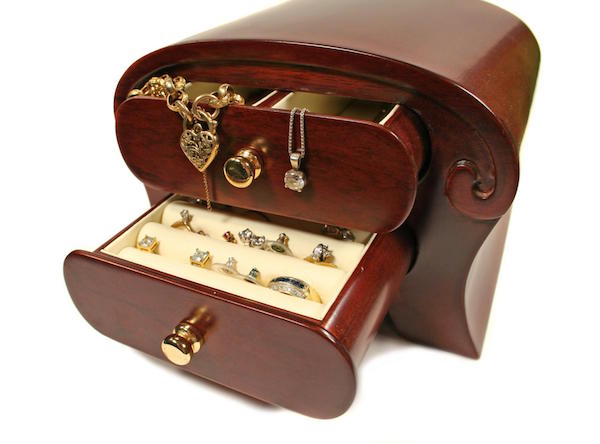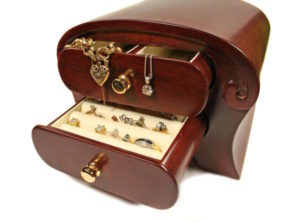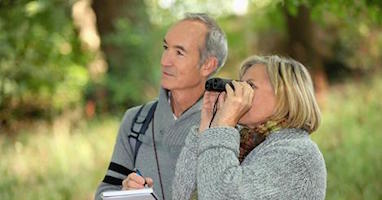5 Common Estate Planning Mistakes
Winston Churchill famously said “Those who fail to learn from history are doomed to repeat it”.
As the oldest law firm in South Australia, and specialising in Trusts, Wills, Estate Planning and Administration of Deceased Estates, we frequently encounter examples of people failing to take the proper steps to create an estate plan that will work properly when the time comes. Some people allow their families to learn the hard way, and fail to shield their families from costly legal messes.

















